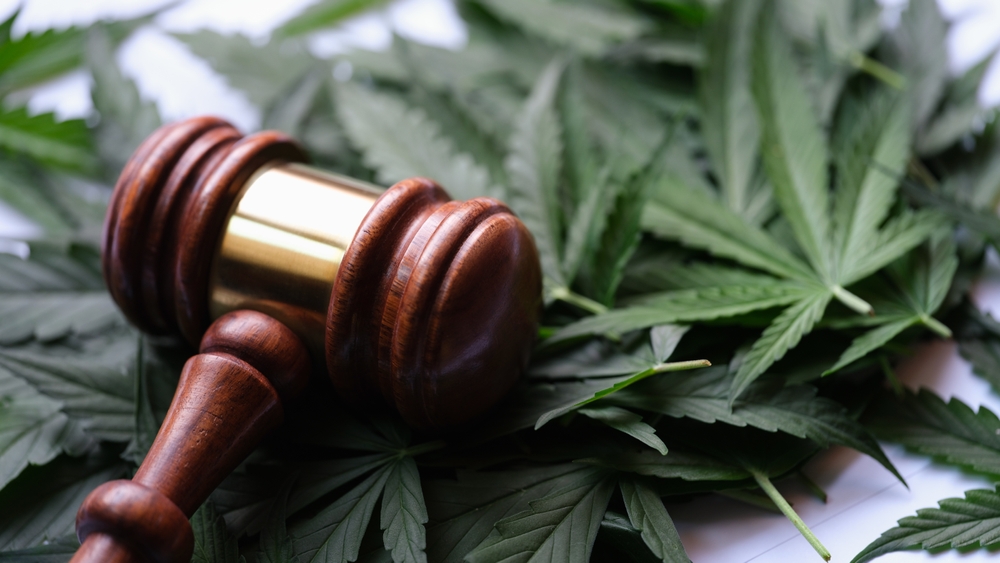The lawsuit claims that witness list failed to include the voices of Native American tribes and small businesses.
A Cherokee marijuana businessman from Washington state who also researches some psychedelic compounds filed a lawsuit against the Department of Justice, asking a federal court to halt the ongoing cannabis rescheduling process to include a broader selection of voices.
David Heldreth, the CEO of Panacea Plant Sciences, filed the lawsuit on Nov. 5 in U.S. District Court for the Western District of Washington, against Attorney General Merrick Garland, Drug Enforcement Administration chief Anne Milgram and Administrative Law Judge John Mulrooney.
Heldreth, who is representing himself in the action, claimed that there are multiple legal issues with how the DEA has proceeded thus far with its planned hearing next year on a proposal to move cannabis to Schedule III from Schedule I.
The DEA erred, Heldreth claimed, by not consulting with Native American tribes, not incorporating input from small businesses, excluding Heldreth and several other pro-cannabis organizations from a list of 25 approved witnesses to offer testimony during the upcoming hearing, and by relying on an “unconstitutional” administrative law judge.
The lawsuit notes that the list that was provided in October by Milgram included 25 parties, but it “didn’t include a single Native American tribe, individual or organization, and additionally no group from a marginalized community.”
“Milgram instead selected those without apparent standing,” Heldreth’s lawsuit claims. “There are 574 federally recognized tribes and around 258 tribal law enforcement agencies. That is a large amount of affected tribal entities and a large impact. As such I ask that the DEA withdraw the current rulemaking.”
The suit claims that an executive order issued in 2000 requires the DEA to consult with Native American tribes on policy shifts, such as rescheduling, and that the Regulatory Flexibility Act and Small Business Regulatory Enforcement Fairness Act further requires input from small businesses.
Heldreth also alleges that Milgram “illegally and punitively” kept him specifically off the witness list due to his past conflicts with the DEA, in which he’s pushed for rescheduling not just cannabis but also various psychedelic compounds, including DOI and DOC.
The lawsuit notes that at least three Native American tribal groups submitted formal comments to the DEA regarding marijuana rescheduling during a public comment period earlier this year – including the Ho Chunk Nation, the Association of American Indian Affairs, and the Indigenous Cannabis Industry Association – but none of them were invited to testify at the coming hearing.
“The current rulemaking will create a situation in which tribal governments and law enforcement will be required to train law enforcement on the new laws and this alone will impose direct costs on tribal entities and governments,” Heldreth argued in the suit.
There are also “hundreds to thousands of hemp farms that would” be directly affected by rescheduling and thus should have a voice in the rescheduling considerations under federal law, the suit charges.
Heldreth is requesting a preliminary injunction barring the DEA from moving forward with rescheduling marijuana until it remedies the legal issues identified in his lawsuit.
The action has not yet been scheduled for any hearings, according to court records.
H/T: www.greenmarketreport.com



